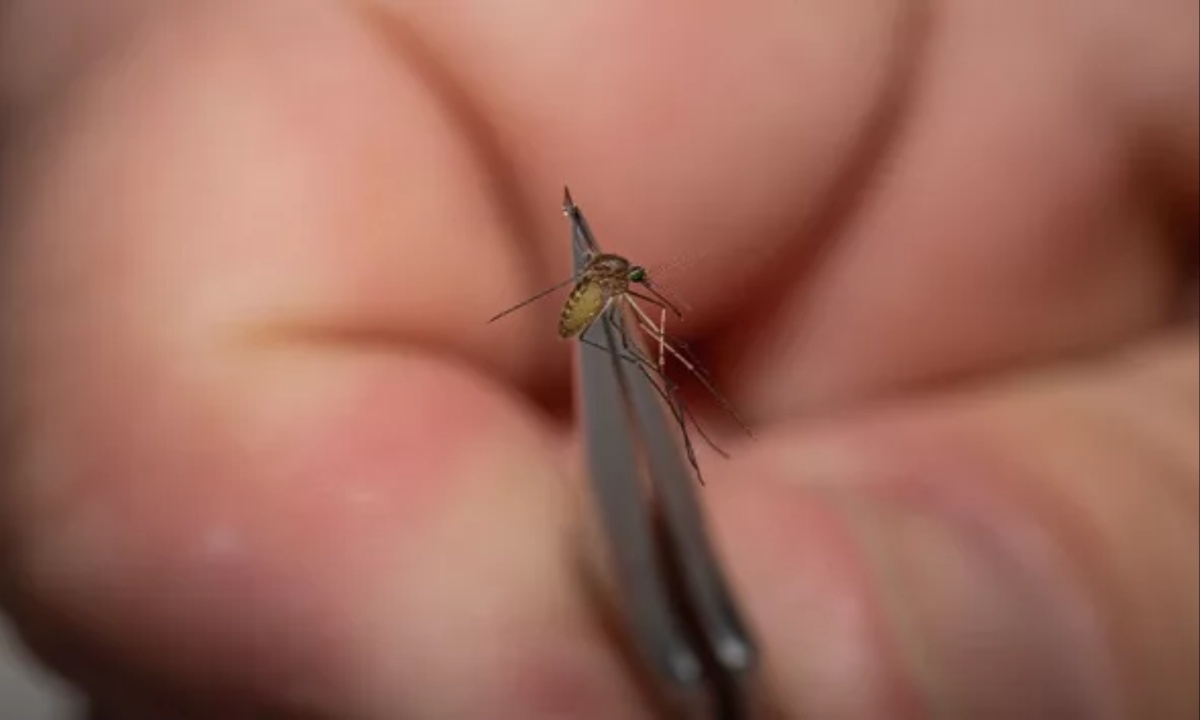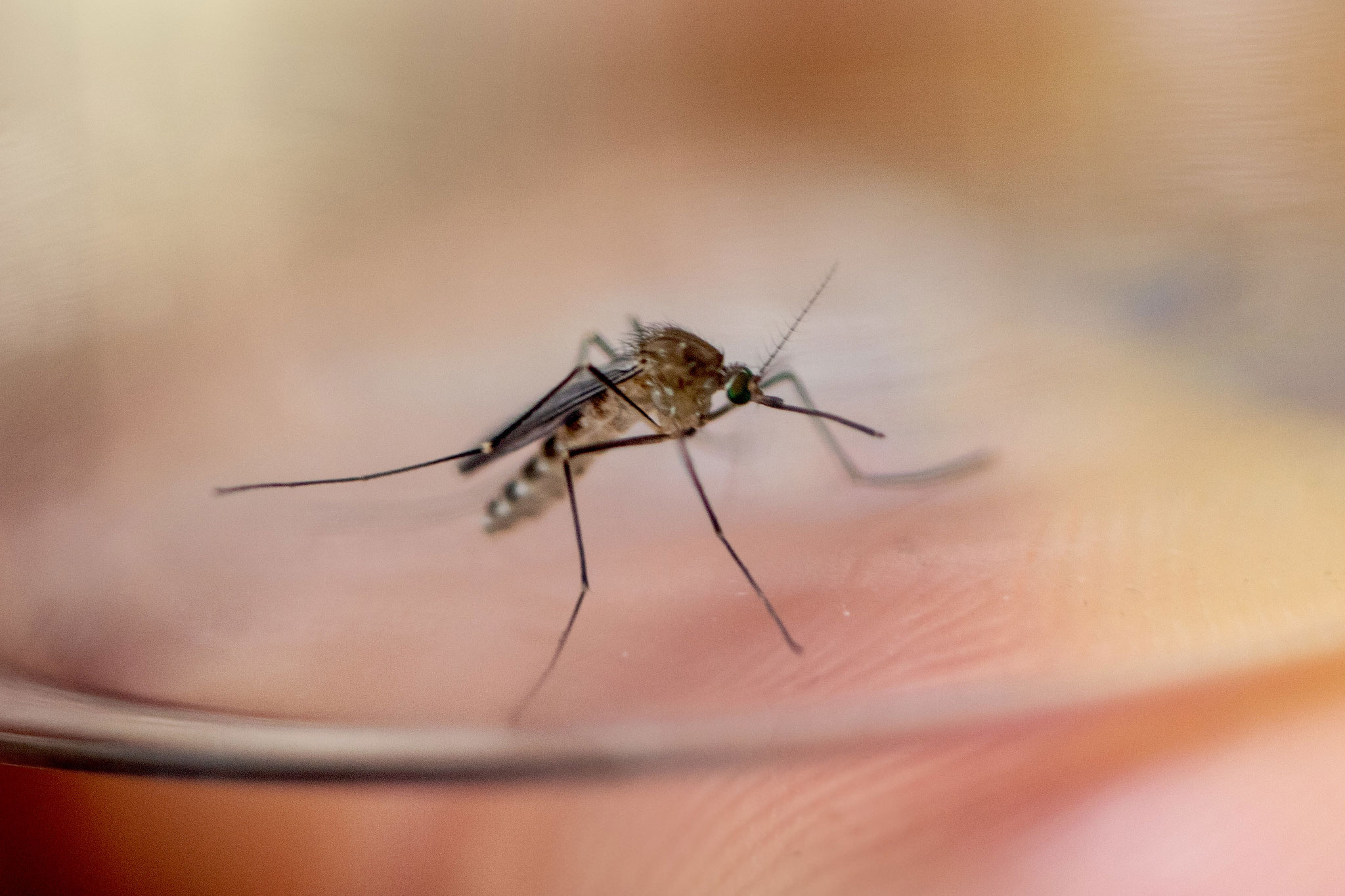A resident from Ulster County, New York, has tested positive for eastern equine encephalitis (EEE), marking the state’s first human case of the mosquito-borne virus since 2015.
The individual is currently receiving hospital care, and the New York State Department of Health is collaborating with local officials to investigate the circumstances surrounding the infection. This case has renewed concerns about the presence of EEE in New York, particularly since the virus has been confirmed in multiple counties this year.
Eastern equine encephalitis is a rare but severe disease transmitted through mosquito bites, and while most infected individuals do not show symptoms, the virus can cause serious health issues.
Early signs of severe infection include headaches, high fever, vomiting, and chills. In severe cases, about 30% of patients die, and those who survive often face lasting neurological damage. Given the gravity of the disease, public health experts are urging people to protect themselves from mosquitoes.

Across the United States, at least 10 cases of EEE have been reported in 2023, including a fatality in New Hampshire. In New York, the virus has been detected in horses in counties like Ulster, Orange, and Wayne, raising further concern about its spread. Health officials are closely monitoring both animal and human populations to manage the potential risk of further infections.
One particularly severe case occurred in New Hampshire, where a 54-year-old man, Joe Casey, contracted EEE, West Nile virus, and St. Louis encephalitis simultaneously.
Doctors are struggling to determine which virus is responsible for his critical condition, as he remains in the ICU. This case has underscored the unpredictable nature of mosquito-borne diseases and how easily a mosquito bite can lead to life-threatening complications.
Dr. James McDonald, New York’s Health Commissioner, emphasized the growing danger mosquitoes pose, especially as there is no vaccine for EEE.
He advised the public to take preventive measures, such as using insect repellents, wearing long sleeves, and removing stagnant water around homes, where mosquitoes are likely to breed. Although temperatures are dropping, McDonald stressed that the risk of mosquito-borne illnesses remains, and New Yorkers should remain cautious.
